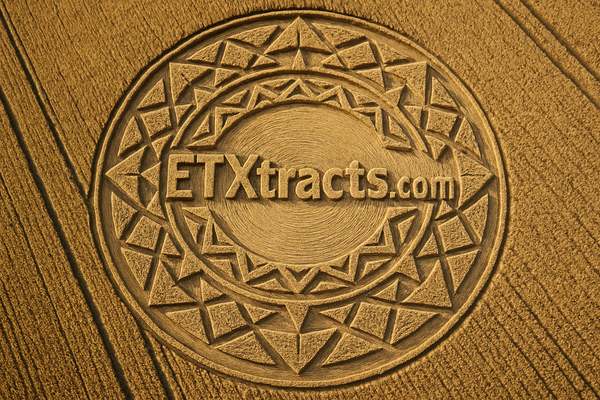Understanding 7-OH Legality
“laws/regulatory positions vary and may change; buyer is responsible for compliance; no guarantee of legality.”
-
Not legal advice”
-
“Informational only”
-
“Laws/enforcement vary and change”
-
“No guarantee of legality in any jurisdiction”
This is a statement that was made by a law firm i found to be interesting and worth reading.
⚖️ Statement on 7-OH Federal Legality
Issued by Frost Brown Todd LLP
August 6, 2025
✅ Federally Legal Status
7-Hydroxymitragynine (“7-OH”) dietary supplements may be lawfully marketed in the United States under federal law.
-
7-OH supplements fully comply with the Federal Food, Drug, and Cosmetic Act (FDCA).
-
FDA “Warning Letters” about 7-OH are not legally binding and do not make the product illegal.
-
7-OH remains federally legal unless and until the DEA formally takes action—something the record shows is highly unlikely.
🔎 Why 7-OH Is Lawful
-
Natural Constituent of Kratom (Mitragyna speciosa):
Used safely for centuries in Southeast Asia and marketed in the U.S. since at least the 1980s. -
Not a New Dietary Ingredient (NDI):
Kratom was sold in the U.S. before October 15, 1994, so it is excluded from “new dietary ingredient” status.¹ -
Meets FDCA Definition of a Dietary Ingredient:
Includes “a concentrate, metabolite, constituent, or extract” of a botanical.² -
Not Adulterated Under Federal Law:
Even if FDA claimed otherwise, the law requires the FDA to prove adulteration, and the facts don’t support their position.³ ⁴
🚫 Why DEA Scheduling Will Fail
The DEA can only schedule substances that pose an “imminent hazard to public safety” under the Controlled Substances Act. Evidence shows:
-
Zero confirmed single-substance fatalities (per FDA’s FAERS database).
-
Only 53 poison center calls nationwide over three months.
-
No seizures, trafficking intelligence, or organized crime links.
-
In contrast, past DEA scheduling actions involved dozens to thousands of deaths and nationwide emergency surges—none of which apply to 7-OH.
If DEA attempts emergency scheduling:
-
They are likely to withdraw after public comment (as with kratom in 2016).
-
Courts could overturn any temporary order for lack of evidence.
-
Under normal scheduling, DEA would need a full 8-factor safety analysis and public review, which the data does not support.
📌 Conclusion
The evidence clearly shows:
-
7-OH dietary supplements are federally legal.
-
FDA’s warning letters have no binding effect.
-
DEA has no valid basis to schedule 7-OH.
Ongoing scientific review and industry transparency—combined with the lack of demonstrated harm—support that 7-OH should not and will not be scheduled.
Sincerely,
(Signed)
Jonathan Miller
Frost Brown Todd LLP
References
-
FDCA §413(a)
-
FDCA §201(ff)(1)
-
FDCA §413(a)(1)
-
FDCA §402(f)(1)
